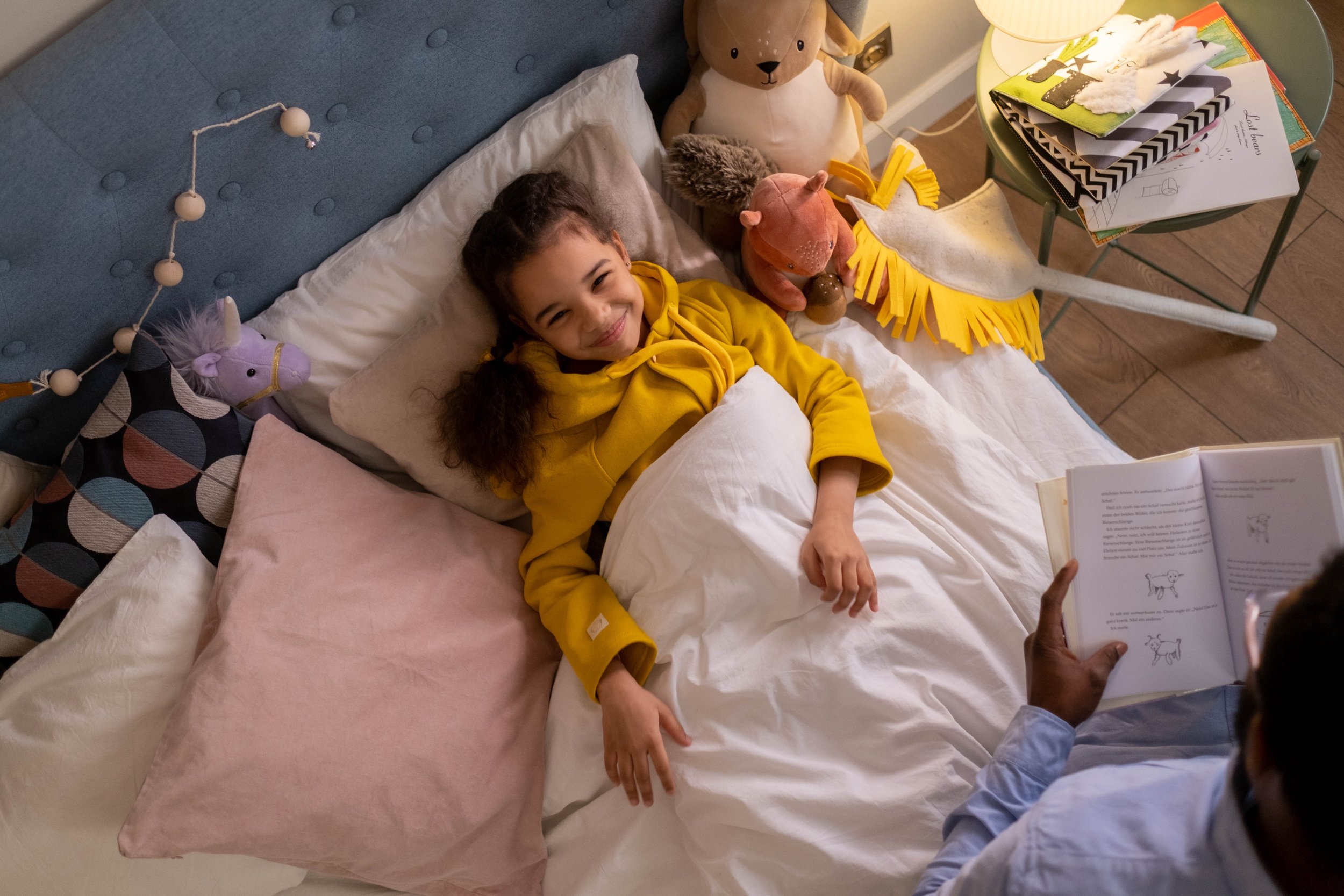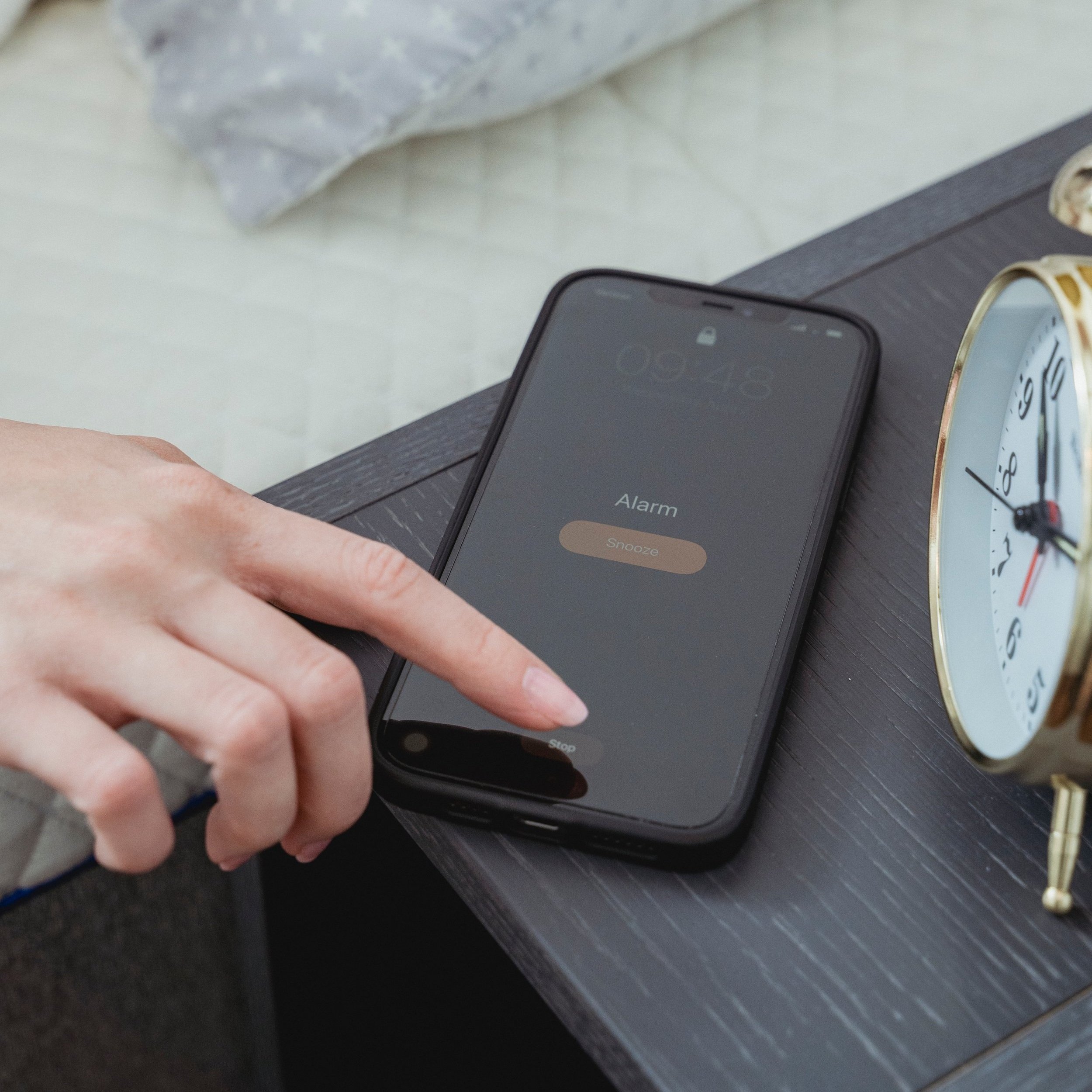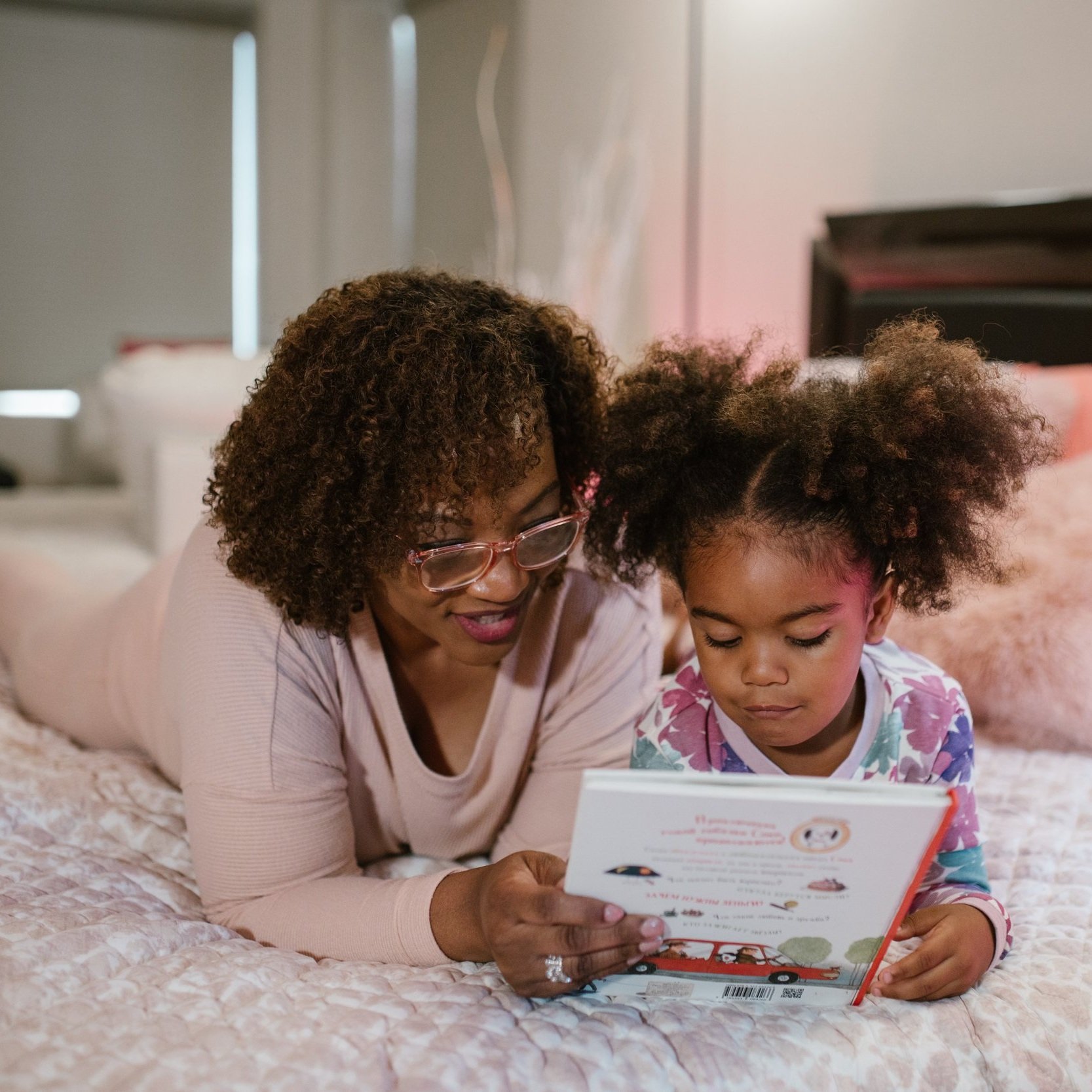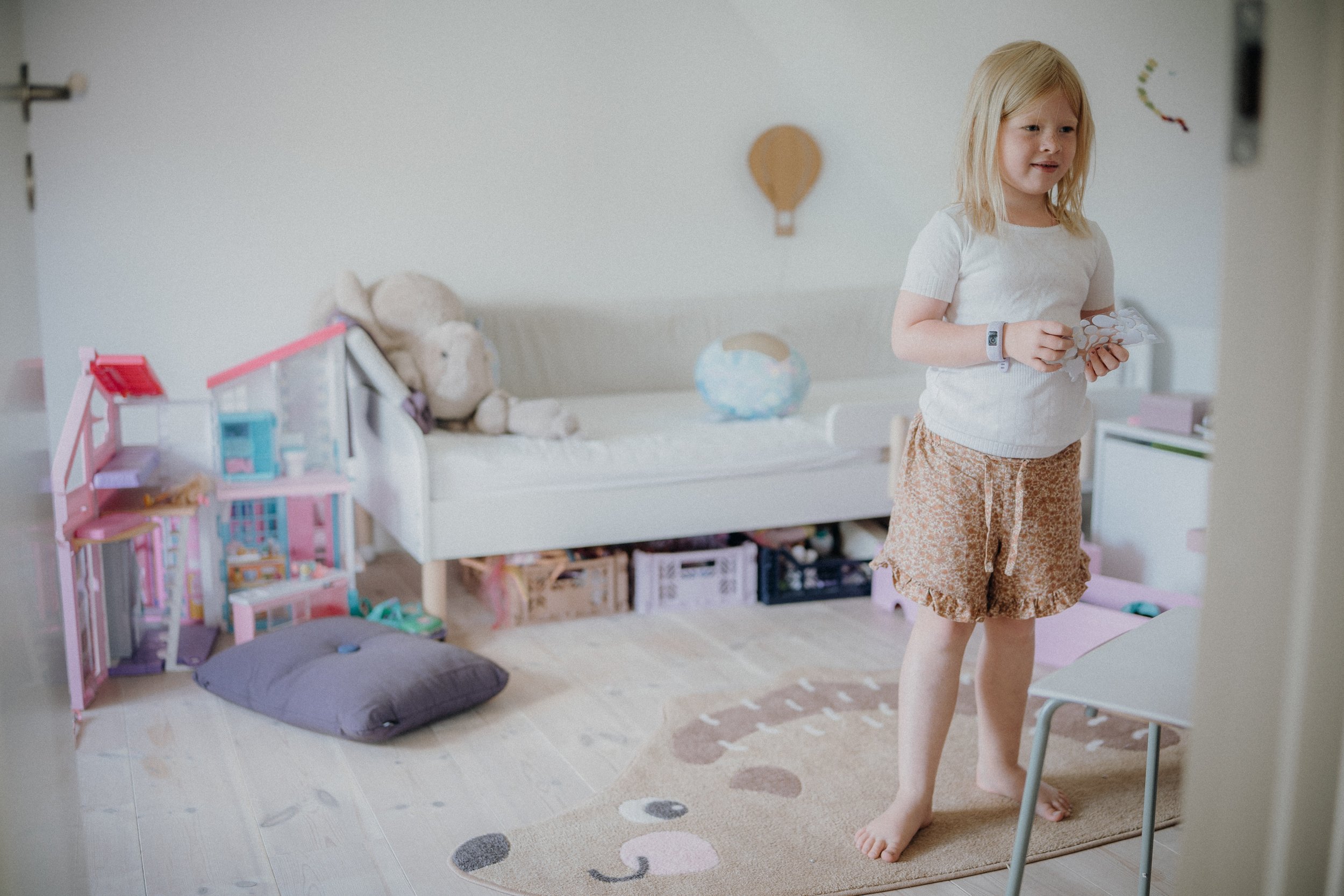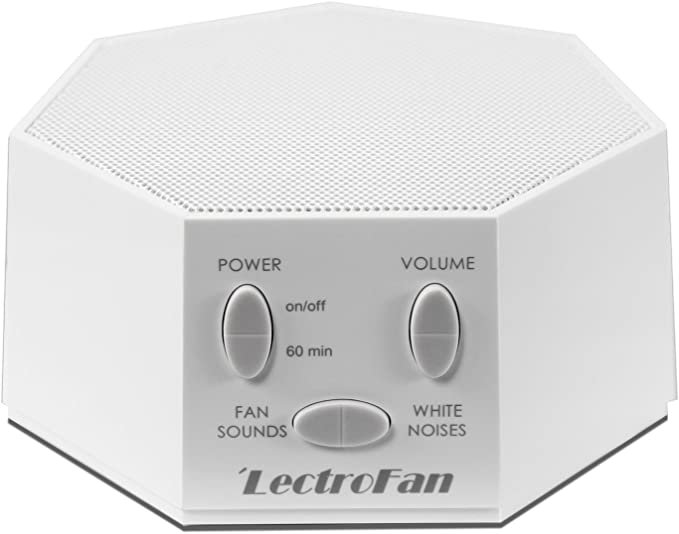Sleep guide for children with ASD
It is important to remember that sleep is a developmental process and sleep needs will change throughout your child’s life. Falling asleep and sleeping through the night are a common struggle for young children. Children under the spectrum are more likely to suffer from sleep problems. Sleep interruptions can have unfavorable effects on your child’s cognitive development and daily functioning, especially in areas such as attention, learning, memory, mood regulation, and behavior. Many factors affect your child’s sleep.
Here you will find a guide to help improve their sleep. There are also products to support sleep routines.
Causes of sleep problems:
Bedtime (too early? Too late?)
What he does before going to bed?
Place where he sleeps
Activities he has done during the day
Tips to improve your child's sleep
1. Follow a bedtime routine - Establishing a bedtime routine for your child to follow each night will have a positive impact on his sleep cycles. Maintaining bedtime routine is important for achieving restful sleep, but mostly for your child’s overall well-being. Here is an example of an evening routine:
Bath time
Brush teeth
Read a book with your child
Turn light dim.
By following a routine daily, your child will learn to associate these activities with bedtime, making his transition from awake to asleep easier. Be consistent! Create your routine and stick to it.
Anticipation is a great strategy to apply during bedtime routines. You can use a visual timer to remind your child bedtime is coming, for example: make a reminder at 30 minutes, 15 minutes, and 5 minutes before bedtime.
2. Nap duration and awake window - Long afternoon naps may difficult bedtime, as the child won’t be tired enough to go to sleep. Make sure your child has an appropriate awake window before going to bed (it will depend on his age). Keep naps short and early in the afternoon, so your child will easily fall asleep on his regular schedule.
3. Set sleep duration - Figure out how much your child needs to sleep; this will vary depending on his age.
4. Keep away screens before bedtime – International research agree that screens (smartphones, tablets) negatively interfere with sleep, and especially if it is used right before bedtime. These studies concluded that screens not only delay the child's bedtime, but also affect the quality of sleep, which has an impact on the development and well-being of the child.
5. Safe environment – The child must feel safe in his bedroom, to be relax and consecutively fall asleep. Consider removing excessive decoration or any distresses from the environment. Provide him with his special blanket or cuddling toy, this will help him feel secure and comfortable.
Children with autism are more likely to be affected by sleep problems such as insomnia, frequent awakenings, and drowsiness compared to neurotypical children. This is due to genetic, environmental, immunological, and neurological factors. Melatonin-releasing or increased anxiety due to sensitivity to external stimuli during the day can interfere with a child's ability to fall asleep and stay asleep through the night.
Other tips to improve your child’s sleep include:
Weighted blankets: are heavier than typical blankets. Its weight can help the child meet his sensory need. Weighted blankets can be found at Hop Toys or other online stores. They can also be made to measure and adapted to the weight of the child. Weighted blankets should never be used by a child under one year old.
White noise devices
Soothing pillows: are pillows filled with lavender flowers and flax seeds. They can be soaked in lavender essential oil for aromatherapy benefit.
There are many products that help improve sleep. Contact your doctor before purchasing any of these items, to ensure that they are 100% safe and beneficial for your child. Do not hesitate to contact a healthcare professional to get the best possible information about your child's sleep cycle and to find out how you can help.

